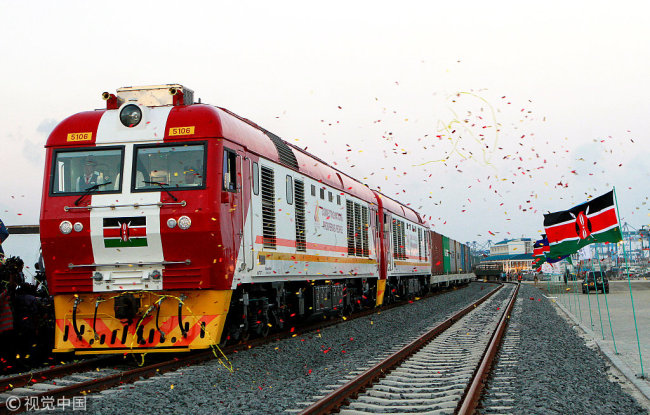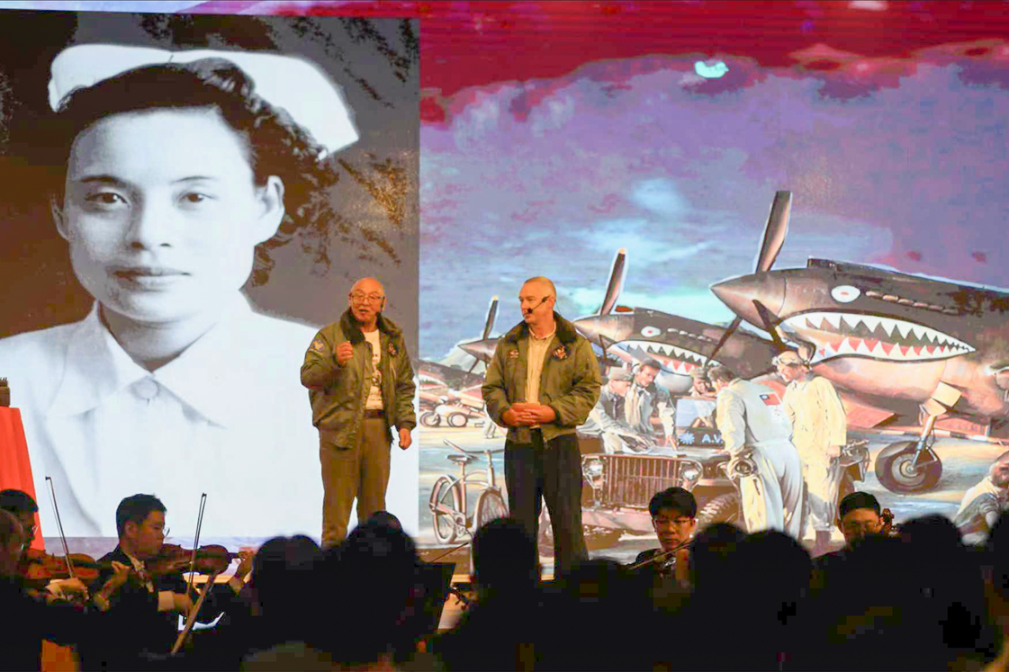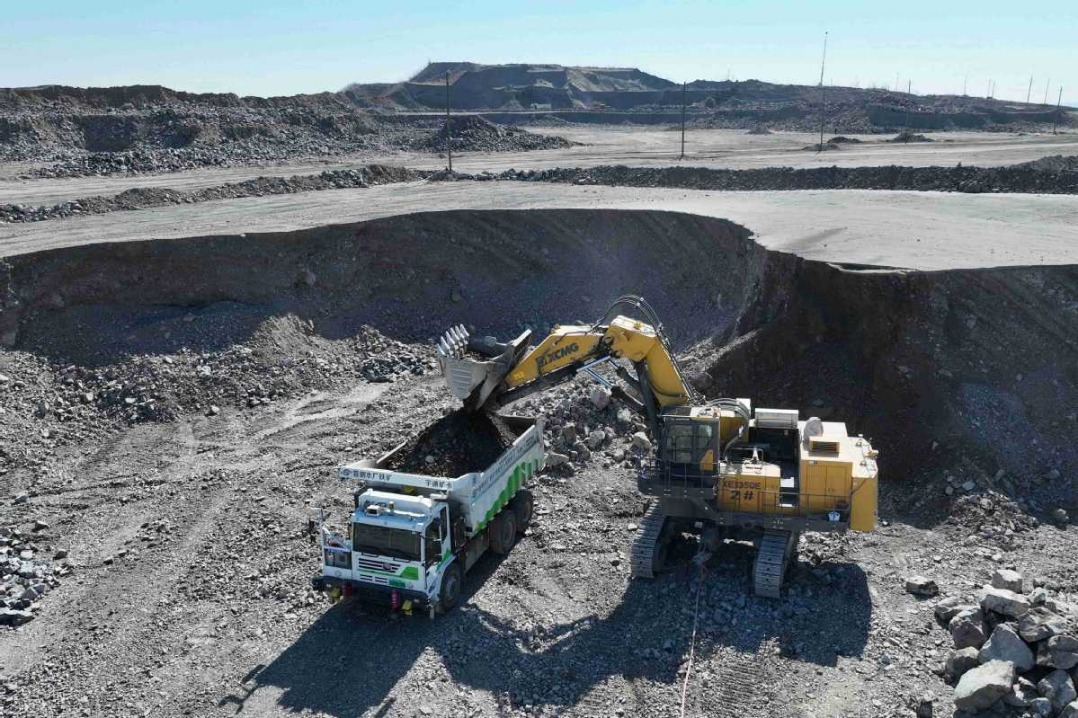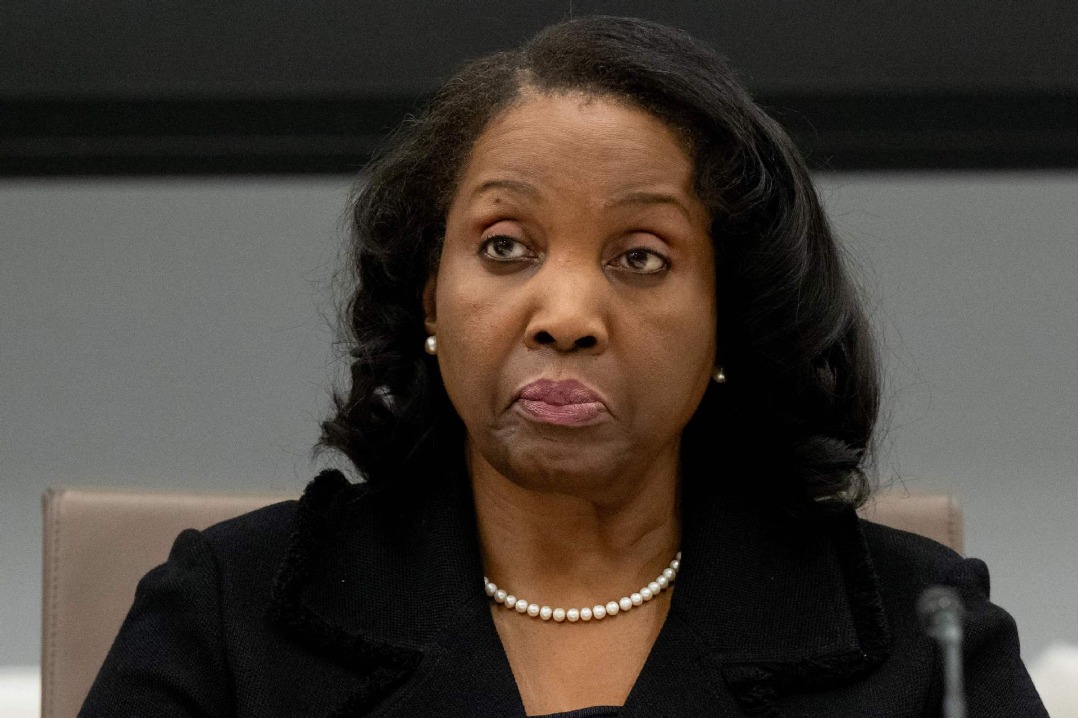Chinese aid helps put African nations on track






New road taken
After adopting the reform and opening-up policy in 1978, China started to develop a market economy, and its economic cooperation with other developing countries extended from economic aid to multiform and mutually beneficial cooperation.
"China adjusted the scale, arrangement, structure and sectors of its foreign aid in accordance with its actual conditions," Wang said. "It strengthened its foreign assistance to the least-developed countries and paid more attention to the economic and long-term effects of aid projects."
In 2000, the Sino-African relationship embarked on a new road when the Forum on China-Africa Cooperation was launched. This marked the transformation of the relationship from political and economic cooperation in limited areas to comprehensive cooperation in political, economic, social and cultural fields. Regular and frequent exchanges between China and Africa have been held since then.
Wang said Africa is no longer merely a continent that needs aid, it is a potentially big market. As African countries are at different levels of economic development, China is considering the kind of role the aid can play in advancing deeper and closer comprehensive economic and trade cooperation between the two sides.
"We consider how to use our aid to support the industrial development of African countries, consolidate their economic foundation and help them integrate with global development," she said.
In recent decades, Africa has witnessed far-reaching changes, and has seen one of the fastest rates of economic development globally, meaning there are now different requirements for aid from China, Wang added.
This year's Africa Economic Outlook from the African Development Bank shows that the continent's general economic performance continues to be encouraging. GDP growth reached an estimated 3.5 percent last year, about the same as in 2017 and up from 2.1 percent in 2016. Growth is projected to accelerate to 4 percent this year and to 4.1 percent next year.
"While African countries will still need funding, projects and materials, they now want to learn more about China's experience in governance and economic development, including how to stimulate market potential and the private sector," Wang said.
She added that faced with various demands for aid, China would consider its comparative advantages, and share more often with developing countries its solutions and experiences in governance and developing its economy.
"We consult with the recipient countries to find out what they need most and what we are best at, to make the best solution while providing aid," she said.
Nyongesa, the Kenyan analyst, said aid from China has been aligned to Africa's Agenda 2063, the continent's development blueprint. The eight major initiatives announced at the Summit of the Forum on China-Africa Cooperation in Beijing last year overlapped with Africa's development priorities as well as individual development strategies.
President Xi Jinping announced an additional $60 billion in funding to largely facilitate improved railway systems, transportation and energy infrastructure, in addition to public health and industrialization. Nyongesa said, "These are areas that underpin Africa's structural transformation that is expected to lift millions out of poverty."
China has also been able to develop financing models to match African countries' economic capacity.
Mutambo, from the University of Johannesburg, said that to sustain cooperation, the Sino-African relationship needs to gradually move from a government-to-government to a private-to-private connection. "The private sector can benefit more if the African and Chinese governments promote responsive and good leadership, aspects which are often limitedly assessed under the scope of non-interference," Mutambo added.
Xinhua contributed to this story.





























